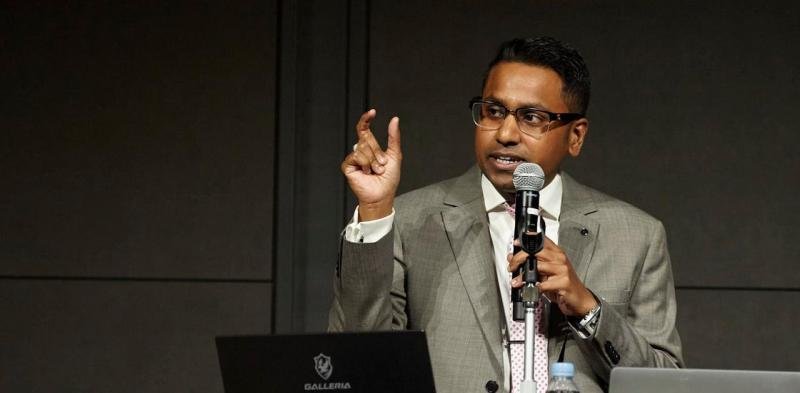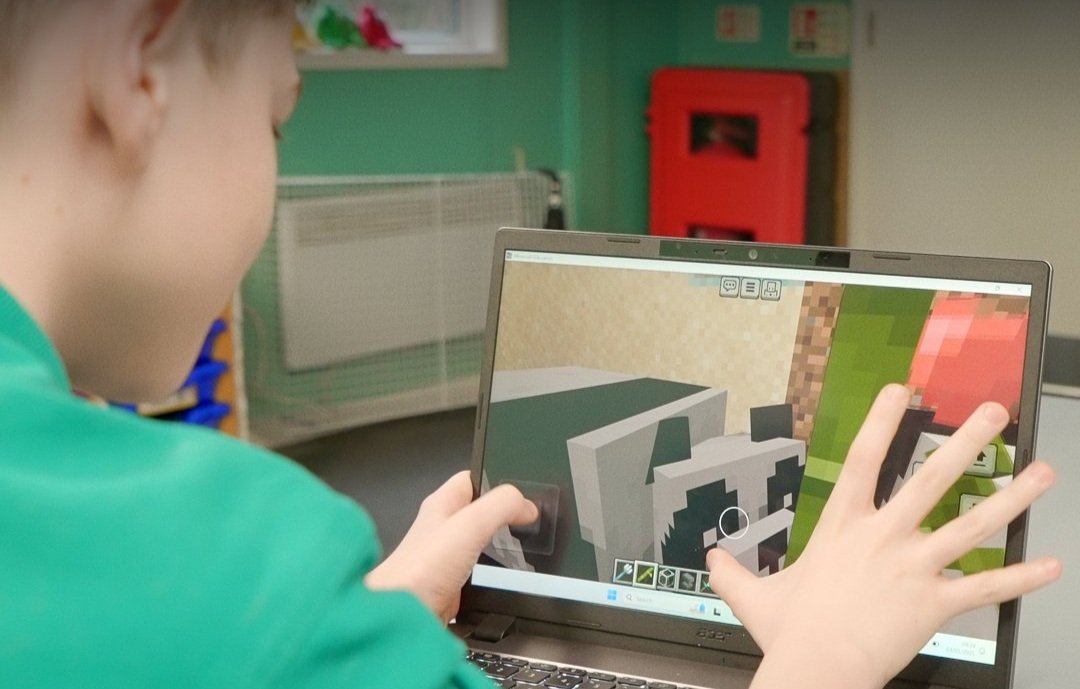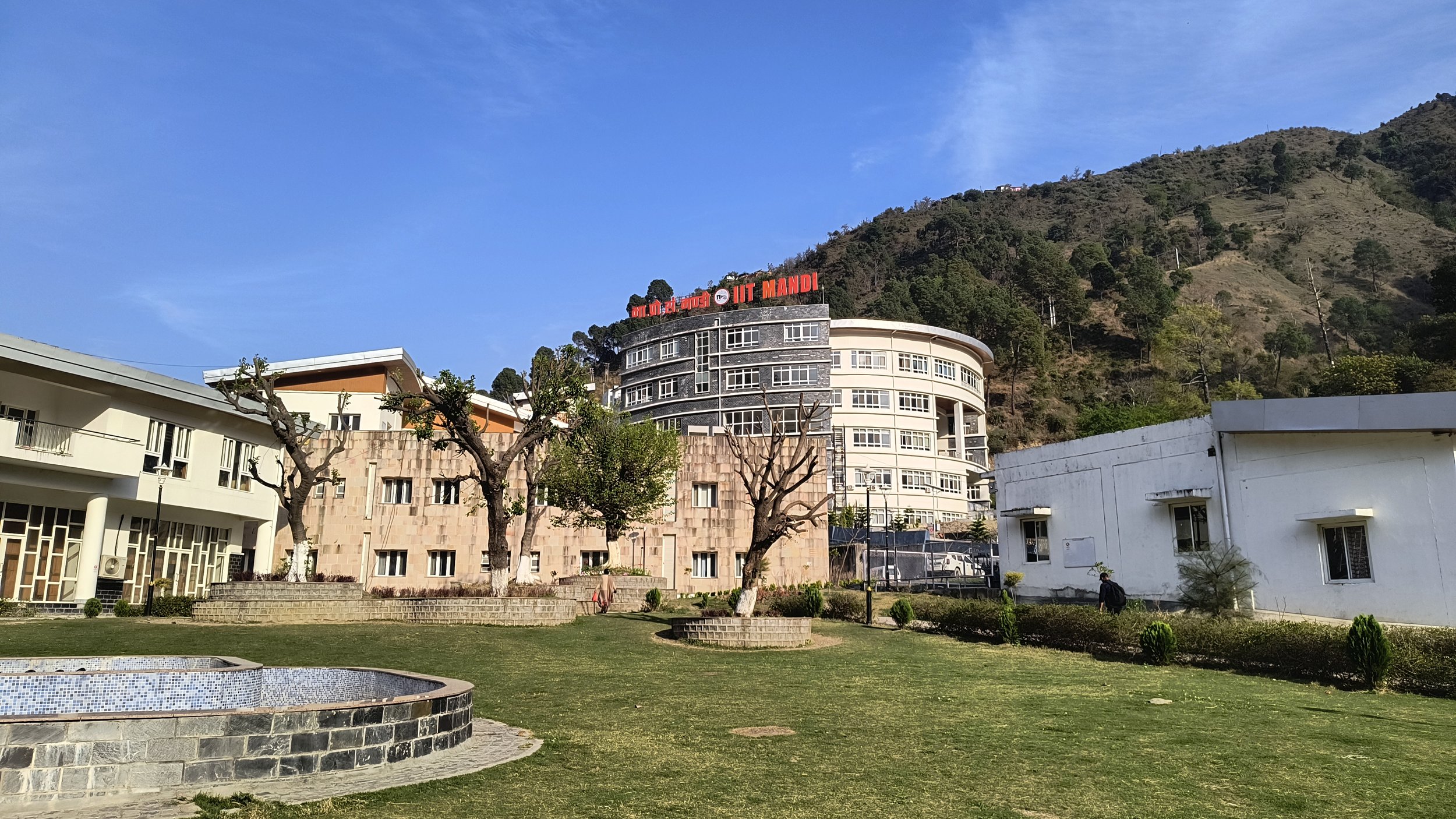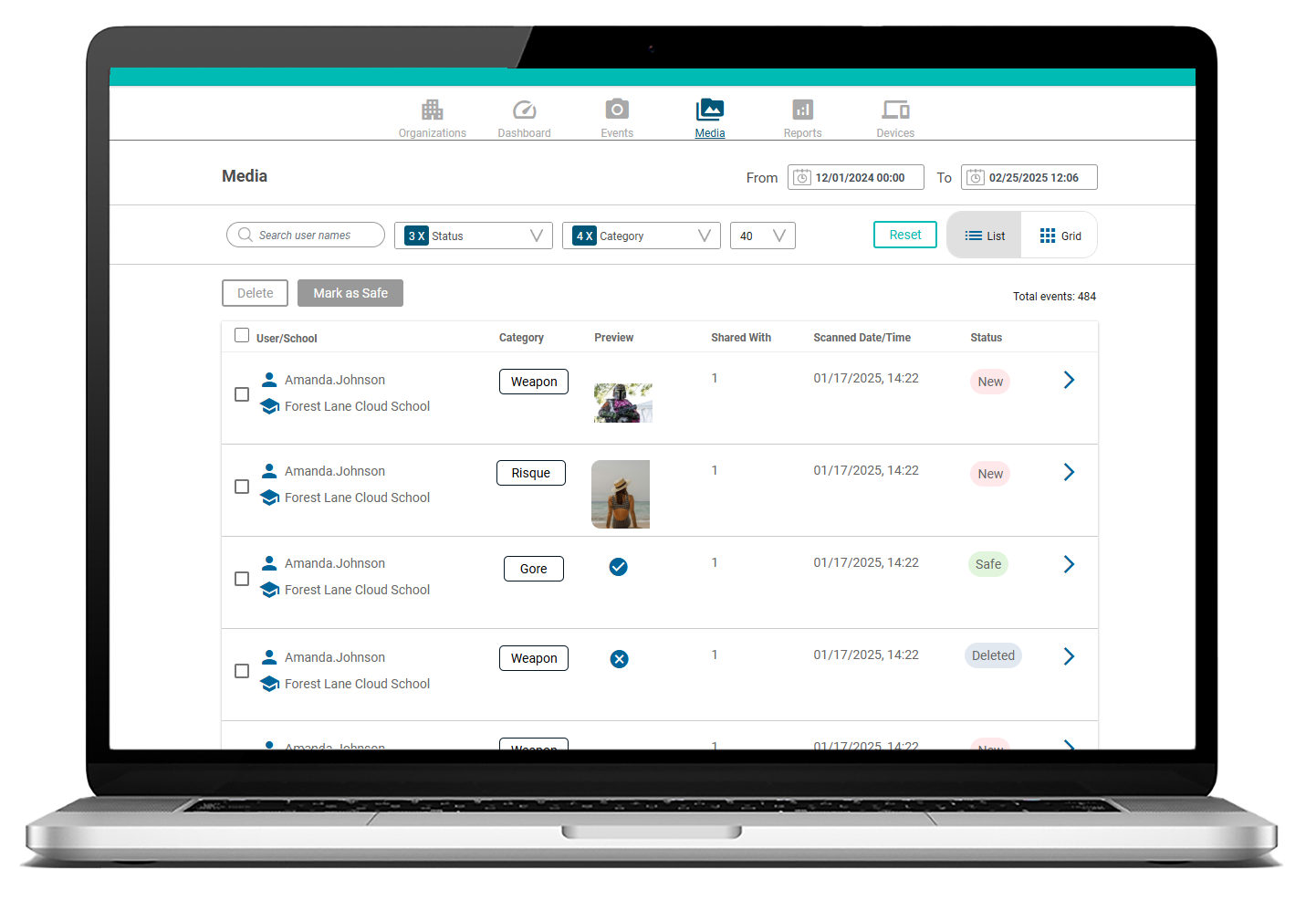Riverside Greetings implements RFID technology, partners with Leeds Beckett University for growth
Wakefield-based greeting card supplier Riverside Greetings has rolled out new Radio Frequency Identification (RFID) technology as part of its ambition to become the UK’s largest supplier of greeting cards to convenience and forecourt stores.
The technology, developed through a two-year Knowledge Transfer Partnership (KTP) with Leeds Beckett University, has been designed to enhance stock management and improve business performance.
The technology was piloted through a two-year Knowledge Transfer Partnership (KTP) with Leeds Beckett University, and the results have already shown significant promise. Sales in pilot stores using the RFID system grew by 11%, highlighting the potential for this innovation to reshape Riverside’s business operations.
The system reduces the time required for a full stock count from around 30 minutes to less than two minutes while maintaining 100% accuracy. This has allowed Riverside to respond more effectively to client demands and optimise stock replenishment.
Riverside’s Managing Director, Andrew Glen, described the KTP as a critical step in positioning the company for future growth:
“The KTP has exceeded our expectations, and we have seen significant benefits. The RFID technology patent pending status has positioned us as a leader in our field. We can now investigate other markets where the technology could be applied, as well as licensing the solution to other parties in the future."
While RFID is widely used in various industrial applications, applying it to low-value, high-volume products such as greeting cards is a novel approach. The technology works by embedding radio-frequency tags in the cards, allowing items to be tracked and identified through radio waves. This not only accelerates stock counts but also provides real-time data on sales performance.
Dr Akbar Sheikh Akbari, Reader at Leeds Beckett University’s School of Built Environment, Engineering, and Computing, commented on the technical challenge Riverside faced:
“The challenge for Riverside was a lack of real-time business performance data. The KTP aimed to create a sustainable platform for growth – using RFID and AI to develop better data management, tighter stock control, and a clearer understanding of which designs are selling in each store.”
A key player in the development of this system was Dan Lamsdale, who joined Riverside as part of the KTP and led the design and implementation of the RFID pilot programme. He also played a pivotal role in securing the patent pending status for the technology while creating strategic marketing and training plans to support the business’s cultural shift towards adopting the new system.
Looking ahead, Riverside Greetings plans a phased rollout of the technology across its network of UK stores. Beyond its immediate application, the company is also exploring new markets where the RFID solution could add value. The company is even considering licensing the technology to external partners.
Jo Griffiths, Head of Knowledge Transfer Partnerships at Leeds Beckett University, highlighted the unexpected success of the collaboration:
“The Outstanding grading awarded to the project is a clear indication of the high quality of innovation achieved by the team on this KTP. That Riverside has a patent pending application is an exciting output that we did not foresee as part of the original project plan."





















